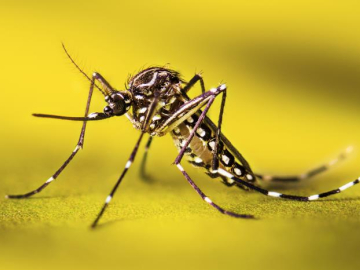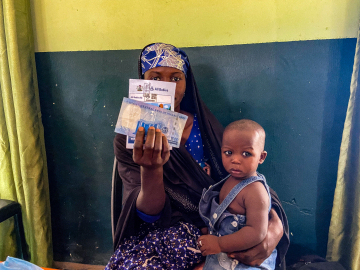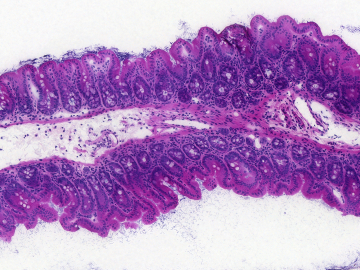A Century After 1918, Flu Pandemic Preparedness Still Lacking
Nearly 100 years after the 1918 flu pandemic claimed as many as 50 million lives, many of us would like to think such devastating losses will never be seen again.
Unfortunately, the experts say otherwise.
Despite a century’s worth of lifesaving scientific and medical advances to head off a similar tragedy, they warn that an influenza pandemic could still trigger waves of mass death.
“A hundred years after the lethal 1918 flu we are still vulnerable … public health infrastructure has improved greatly, but without a universal vaccine a single virus could result in a world catastrophe,” said Anthony Fauci, director of the National Institute of Allergy and Infectious Diseases, speaking at the forum “The Next Pandemic: Are We Prepared?” in Washington, DC on November 13.
With the centennial of the 1918 flu pandemic on the horizon, Smithsonian magazine and the Johns Hopkins Bloomberg School of Public Health gathered experts to explore the state of pandemic preparedness.
Major vulnerabilities include inadequate pandemic warning systems, delays in vaccine development and the movement of viruses between animals and humans, according to researchers, US public health officials and global health experts.
The top priority in the effort to strengthen the pandemic defense arsenal, researchers agreed, is the development of a universal flu vaccine, capable of conferring protection against diverse and rapidly mutating strains of the flu virus.
“We need to get a universal vaccine,” Fauci said. “It will be incremental and iterative but we will get there.”
Particularly concerning to Jaime Yassif, program officer for Biosecurity and Pandemic Preparedness with the Open Philanthropy Project, is the predictable cycle of “panic and neglect.”
“As soon as the acute phase of an emergency passes, attention diminishes,” Yassif said. “It’s really incumbent on us … to maintain sustained attention.”
In developing countries, beyond improved vaccine production and distribution, pandemic preparation and response priorities include a better-coordinated international response, timely and accurate information sharing and effective health communication, according to Ciro Ugarte, director of PAHO’s Department of Emergency Preparedness and Disaster Relief.
Ugarte noted that some countries fail to comply with the WHO’s infectious disease reporting requirements. And in many outbreak situations, he said that health officials must “filter the sharing of information through political channels,” because of government concerns about the economic impact of an epidemic.
“It is crisis communications and trust in governments that will make the difference,” Ugarte said.
For a full list of speakers and the video of the event, click here.
For more pandemic coverage, see the special Smithsonian website.
Antony Fauci speaks on flu pandemic preparedness at a Nov. 13 event in Washington DC. Image by Daniel Schwartz.





